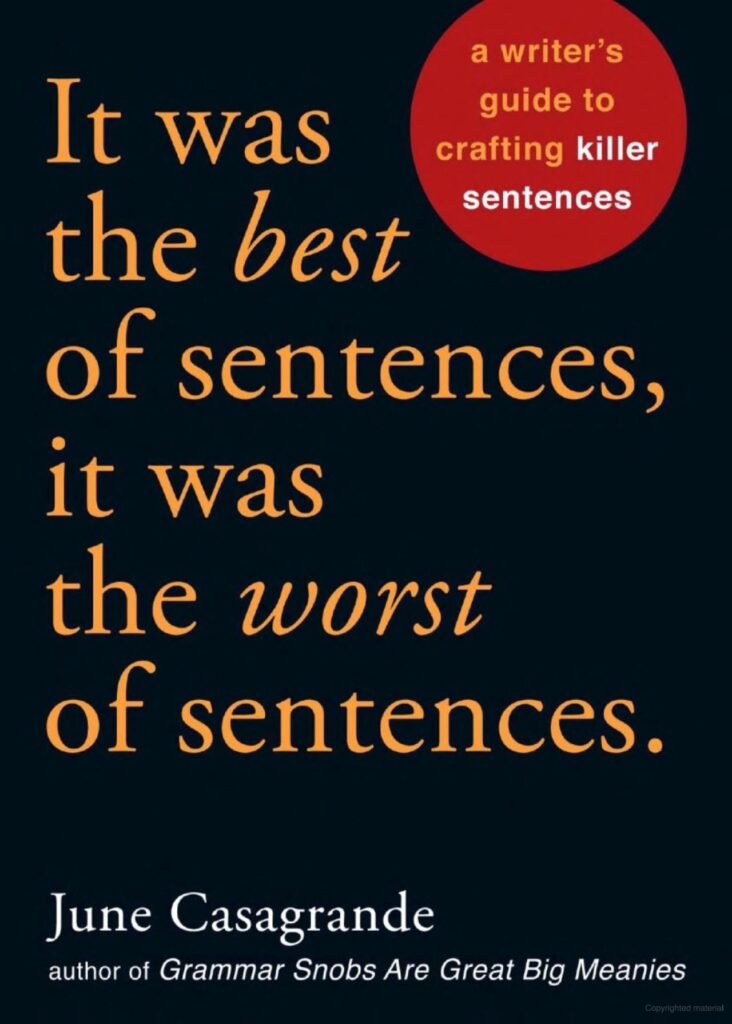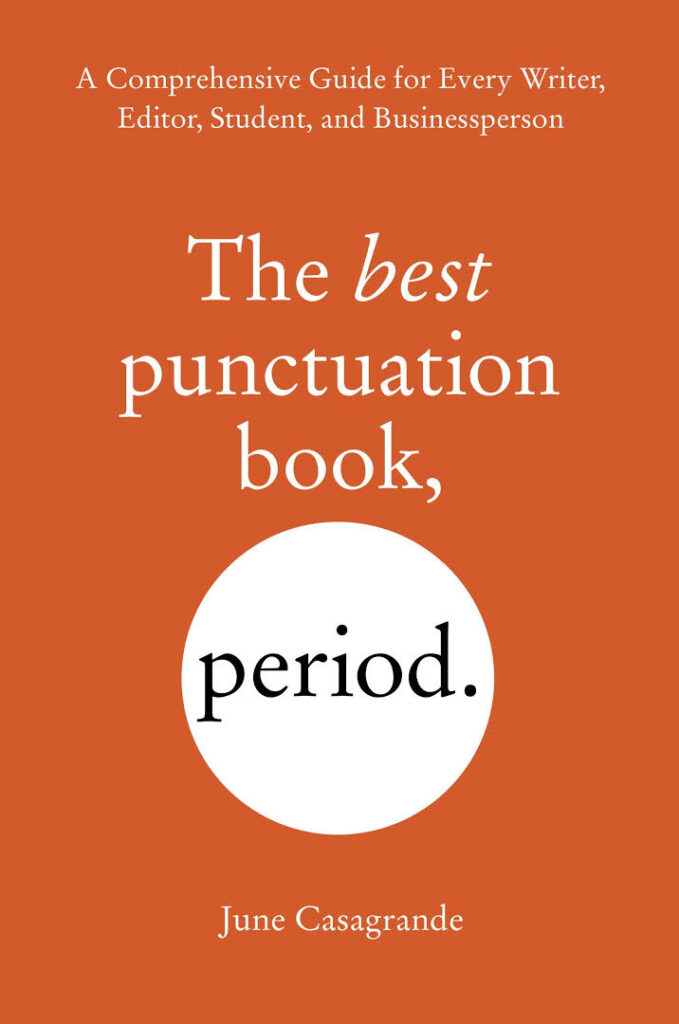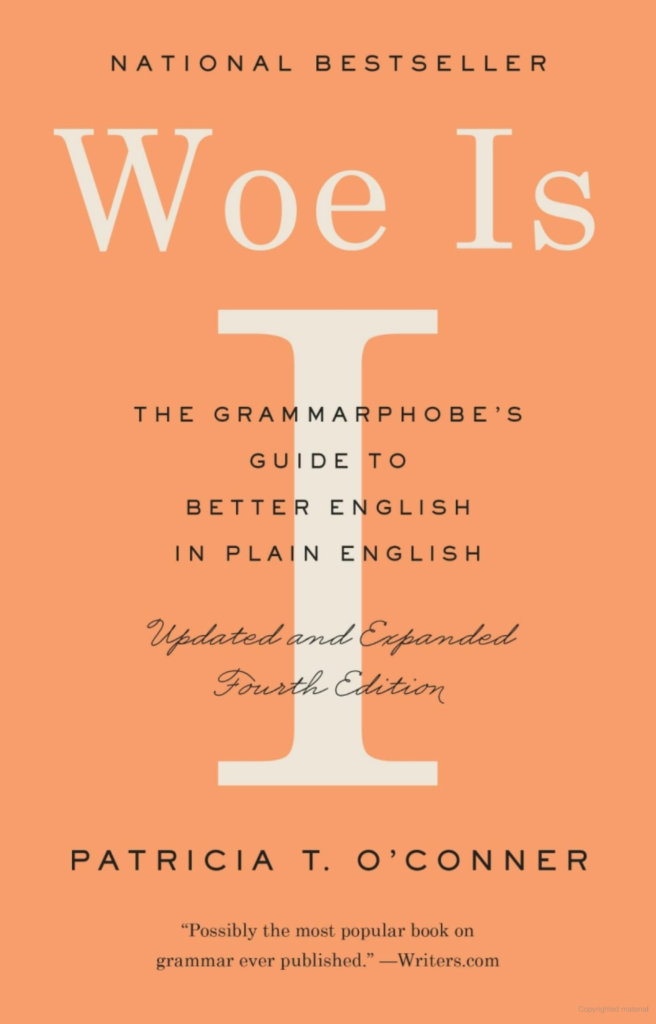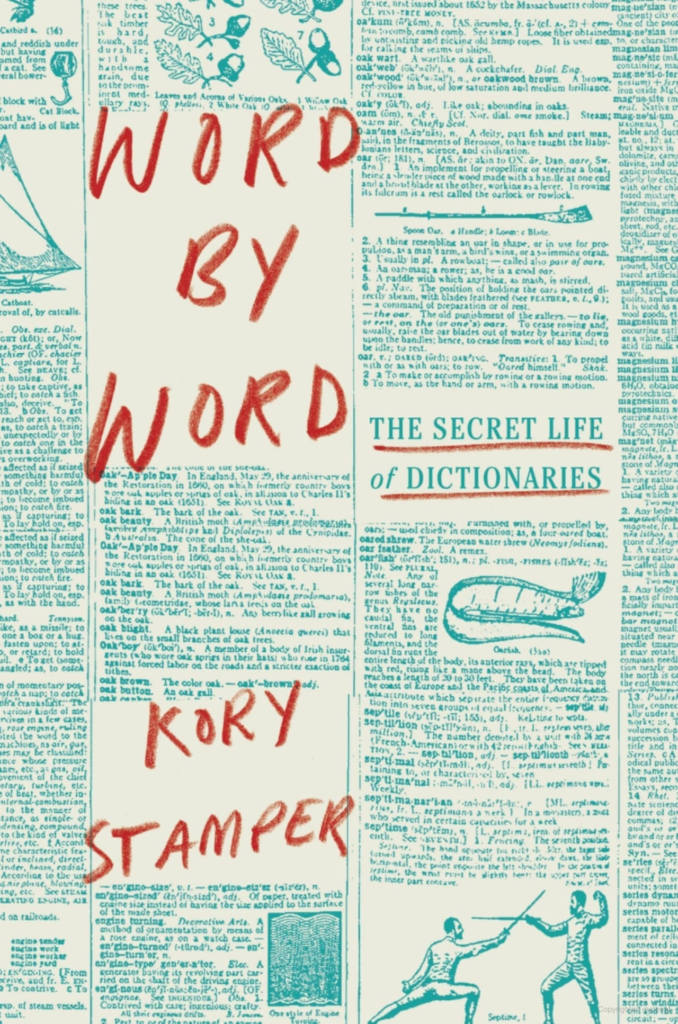November 18th, 2023 – Books To Improve Your Skills As A Scopist And Writer

Part of my job is writing. Be it as a scopist, or running my business website. I need to be aware of how to create interesting, grammatically correct sentences. In my blog posts I find that I let myself be a little more liberal and simply write as I would speak. Like I do with my friends. In my work though, I need to be a lot more vigilant.
To do this, I need to understand the rules of the language and apply them to transcripts. Below, I’d like to tell you about some books that have helped me improve my writing skills and given me more confidence as a scopist and writer.

It Was The Best Of Sentences, It Was The Worst Of Sentences: A Writer’s Guide To Crafting Killer Sentences By June Casagrande
This is one of those books that has made it both easier and more difficult to write! I find I am analyzing my sentences more carefully in my blog posts, wondering how this author would critique me. But I have learned a lot of valuable lessons from it that make my work as a scopist easier.
Casagrande taught me how to write for a Reader, not for myself. I learned some great rules of grammar and how to apply them to my writing. Putting those insights together, I learned that grammatical structure is designed to make pieces more digestible for a Reader. Your work won’t be appreciated if a Reader can’t get through it comfortably. Casagrande writes in a style that is approachable, and fun. She doesn’t try to overcomplicate the ideas and she writes difficult concepts in layman’s terms.
I recommend this book to anyone looking to improve or even understand their grammatical structure.

The Best Punctuation Book, Period: A Comprehensive Guide for Every Writer, Editor, Student, and Businessperson By June Casagrande
This book reads like a dictionary. You do not read this book front to back. But it has rules to apply to all forms of punctuation as written in some of the most popular guidebooks. Casagrande references The Chicago Manual of Style, Merriam-Webster’s Collegiate Dictionary, Associated Press Stylebook, Webster’s New World College Dictionary, Publication Manual of the American Psychological Association, and the MLA Handbook for Writers of Research Papers.
These different reference sources provide a guide for book-editing, news media and business writers, science-style writers, and academic writers. Having all the different answers in front of me has been extraordinarily useful.
In my blog posts, it allows me the freedom to choose which one I think suits my specific style. In my work as a scopist, it allows me to see the exact rules my clients may be following outside of my current resources. This book sits on my desk, right next to my computer when I sit down to write anything. It is an invaluable tool for improving your skills.

Woe Is I: The Grammarphobe’s Guide to Better English in Plain English (Fourth Edition) By Patricia T. O’Conner
This book is very technical, but it is useful in this way if you are looking to improve your skills. I have found this especially true in my transcripts. It sparked in me the memory of a quote I read while I was a teacher in Korea. My students and I read a book together called A Long Walk to Water by Linda Sue Park. There is a quote about the main character Salva learning English after living in Sudan.
“Now that Salva was learning more than a few simple words he found the English language quite confusing. Like the letters “o-u-g-h.” Rough … though … fought … through… bough-the same letters were pronounced so many different ways! Or how a word had to be changed depending on the sentence. You said ‘chickens’ when you meant the living birds that walked and squawked and laid eggs, but it was ‘chicken’-with no ‘s’-when it was on your plate ready to be eaten: ‘We’re having chicken for dinner.” That was correct, even if you had cooked a hundred chickens.” – (Park, 2010, pg. 99.)
I couldn’t help but think that people in Salva’s position, or anyone trying to learn the complexities of the English language would benefit from this book. It has easy explanations for some of English’s more difficult rules, and quotable sections if you need references for later in your writing. I have used it for reference many times, it gives me comfort in my scopist writing. The book explains why certain rules have become a habit. However, O’Conner also states that the English language evolves and changes, taking the rules with it. This book is something you can use to improve many different skills, at any level or in any field of learning.
And Finally…

Word by Word: The Secret Life of Dictionaries By Kory Stamper
This is one of those books that gets you in the first few paragraphs. It is obvious that Stamper loves the English language, and that made me want to read what she had to say.
This book made me think differently about dictionaries in general. In Woe is I, O’Conner says, “A dictionary is an essential tool, and everybody should have at least one. Yet the fact that a word can be found in the dictionary doesn’t make it acceptable English.” (O’Conner, 2019, pg. xxi.) Stamper shows us the man behind the curtain. She shows us that at its core, a dictionary is a list of words written by people who compiled those words and reminded us how we use them.
Where Woe is I will tell you how we are to weave our way through the maze of English language rules, Word by Word tells you how the language evolved to make the rules in the first place.
Stamper takes us through the complexities of Merriam-Webster and the world of lexicographers who work tirelessly to create those dictionaries. Having an insight into the way a dictionary comes to life gave me an appreciation for the English language and the people who define it in a way I never had before.
—-
Those are the four books that I enjoyed and that taught me a lot about writing as a scopist and a blog writer. I think these books are a great resource for anyone looking to not only improve their writing skills but also learn more about the intricacies of the English language. Leave me a comment down below and let me know what you think. Did you read any of these books? Did you learn from them? If you liked this post, make sure to check out my other entries and stay tuned for a new post on the Next Step Scopist Blog!
—-
Last Post: Make Friends Not Enemies
Next Post: How Having A Scopist Can Benefit You
2 responses to “Books To Improve Your Skills As A Scopist And Writer”
-
Thanks for the tips!
-
I’m so happy you enjoyed them!
-

Leave a Reply